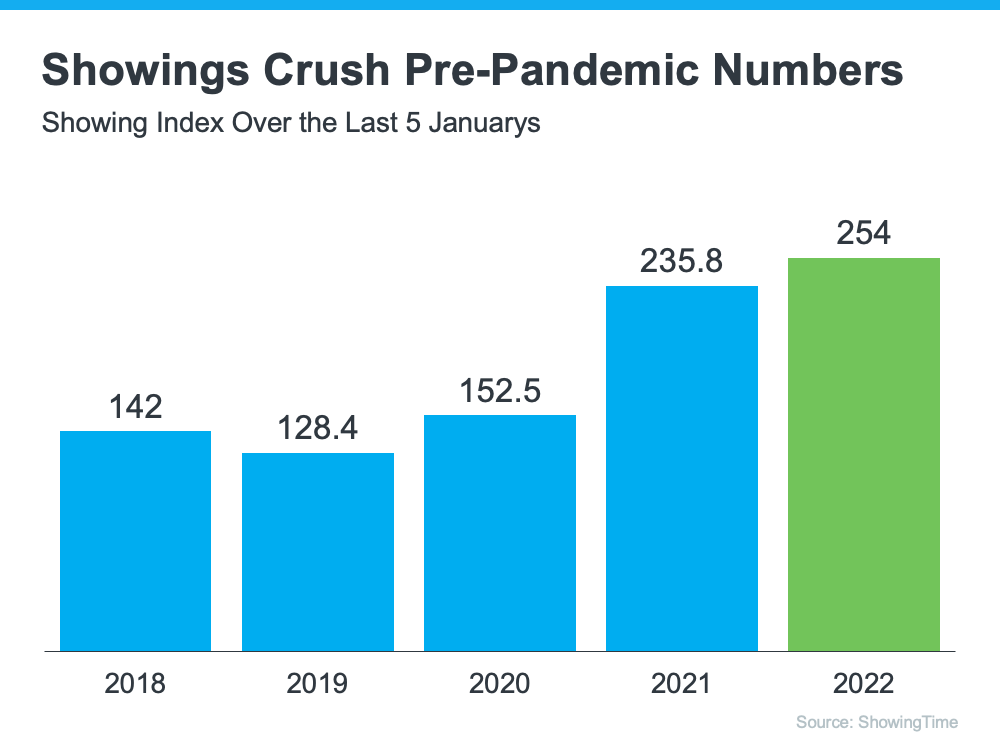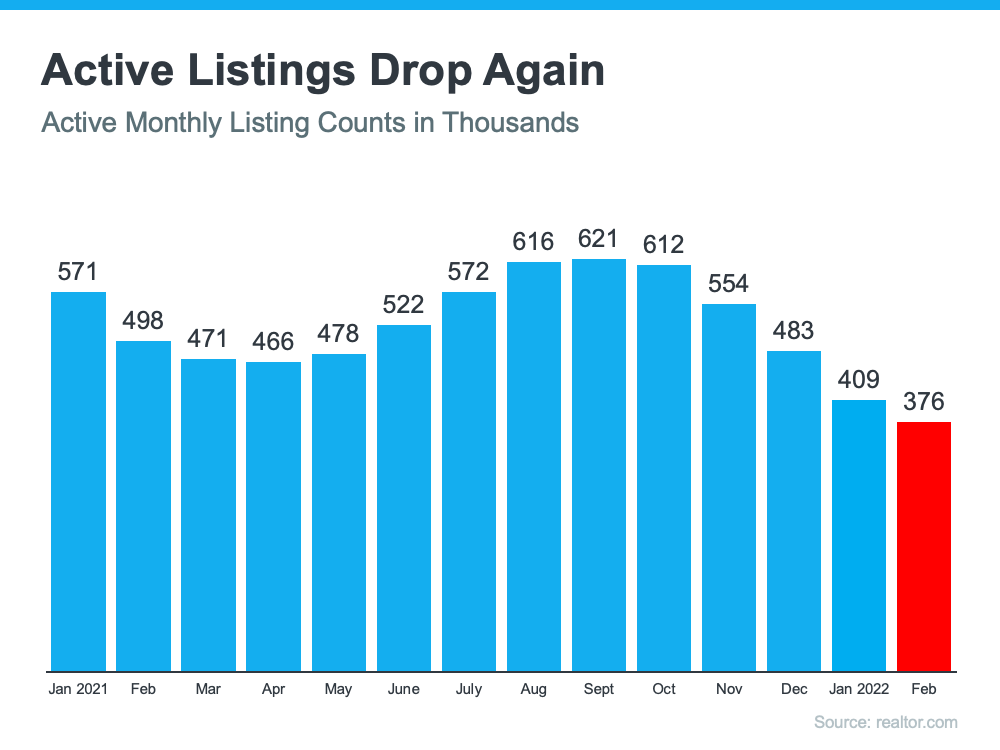
If you’re ready to move up, you may be trying to decide whether you want to buy a home that’s already on the market or build a new one. And since the supply of homes available for sale today is low, you’re willing to consider either avenue. While home builders are doing everything they can to construct more houses and help narrow the supply shortage, they’re also facing delays due to factors outside of their control.
Here’s the latest on some of the key challenges homebuilders are experiencing today and how they could impact your plans to move up. When you know what’s happening in the industry, you can make an informed decision on whether to look for a newly built or an existing home in your home search.
Supply Chain Issues
The first hurdle builders are dealing with is the lack of supply of various building materials. According to a recent article from HousingWire:
“. . . Nearly everything needed in the homebuilding process is facing some sort of delay and subsequent price increase.”
The supply issue isn’t just with lumber, even though that’s what’s covered most in the news. The article explains many other supplies are impacted too, including roofing materials, windows, garage doors, siding, and gypsum (which is used in drywall).
The difficulty in getting these items is dragging out timelines for new homes as builders wait on what they need to finish construction. And since materials are in short supply, even when they do get the product, the principle of supply and demand is driving prices up for those goods. HousingWire explains it like this:
“When supplies are low, charges inevitably go up, . . . Meanwhile, a lack of availability is causing huge delays, meaning builders are struggling to stay on schedule.”
The National Association of Home Builders (NAHB) agrees:
“Builders are grappling with supply-chain issues that are extending construction times and increasing costs.”
Skilled Labor Shortage
But that’s not the only challenge with new home construction today. Builders are also having a hard time finding skilled labor, which means they’re short-handed, further dragging out their timelines. Odeta Kushi, Deputy Chief Economist at First American, says this is an ongoing challenge for the industry:
“The skilled labor shortage in the construction industry is not new – it’s been an issue for more than a decade now.”
But there is good news. The February jobs report shows employment gains in the construction industry. Kushi puts this encouraging news into perspective in the article mentioned above:
“Overall this was a good report, . . . The supply of workers continues to fall short of demand, but the underlying momentum of the labor market recovery is strong, and falling COVID case counts provide further forward momentum.”
That means, while finding workers continues to be a challenge for builders, there are signs of positive momentum moving forward.
How This Impacts You
HousingWire explains how these things can impact move-up buyers today:
“The residential construction industry is facing a crisis as builders manage the critical shortage of building materials and labor. Explosive supply and labor costs are forcing long delays. . . .”
So, when you weigh your options and try to decide between building a home or buying an existing one, factor the potential delay in new home construction into your decision. While it doesn’t mean you should cross newly built homes off your list, it does mean you should consider your timeline and if you’re willing to wait while your home is being constructed.
Bottom Line
When planning your next move, understanding the latest market conditions is key to making the best decision possible. To make sure you have all the information you need, let’s connect. Together we can make sure you know what’s happening in our local market so you can confidently decide what’s right for you, your priorities, and your timeline.
Content previously posted on Keeping Current Matters
![Do You Know How Much Equity You Have in Your Home? [INFOGRAPHIC] | Simplifying The Market](https://files.simplifyingthemarket.com/wp-content/uploads/2022/04/05162234/20220408-KCM-Share-549x300.png)
![Do You Know How Much Equity You Have in Your Home? [INFOGRAPHIC] | Simplifying The Market](https://files.simplifyingthemarket.com/wp-content/uploads/2022/04/05162039/20220408-MEM.png)




![How an Energy Efficient Home Can Be a Bright Idea [INFOGRAPHIC] | Simplifying The Market](https://files.simplifyingthemarket.com/wp-content/uploads/2022/03/23164059/20220325-KCM-Share-549x300.png)
![How an Energy Efficient Home Can Be a Bright Idea [INFOGRAPHIC] | Simplifying The Market](https://files.simplifyingthemarket.com/wp-content/uploads/2022/03/23164100/20220325-MEM.png)







![Key Terms for Homebuyers [INFOGRAPHIC] | Simplifying The Market](https://files.simplifyingthemarket.com/wp-content/uploads/2022/03/09163232/20220311-KCM-Share-549x300.png)
![Key Terms for Homebuyers [INFOGRAPHIC] | Simplifying The Market](https://files.simplifyingthemarket.com/wp-content/uploads/2022/03/09163150/20220311-MEM.png)